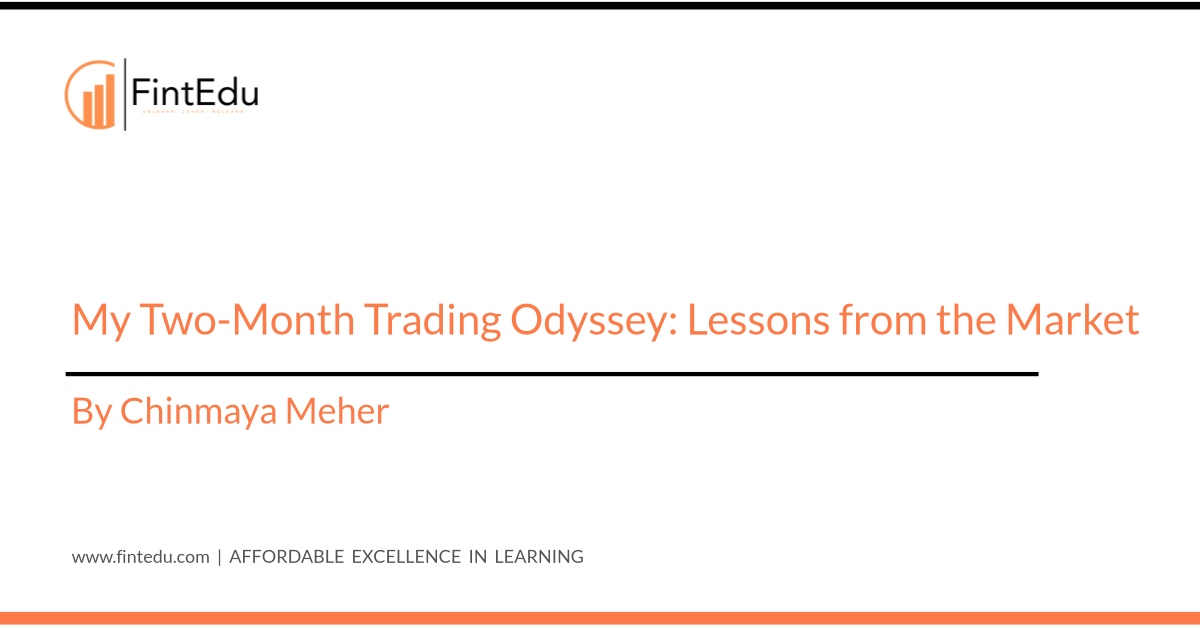LISTEN TO THIS ARTICLE
SIBOS 2024, the annual meeting for global banks and the SWIFT payment system, recently took place in China.
However, the event saw less enthusiasm, largely due to rules against bringing laptops into the country, leading to lower global representation.
Meanwhile, the spotlight was on the BRICS Summit in
Moscow, attended by heads of state and delegates from member and invitee
countries. Key announcements included the Bank for International Settlements'
work on a payment system network for developing countries.
There's a growing desire to find an alternative to the US-centric dollar payment system, not due to anti American sentiment, but because of the complexity of adhering to US regulations for dollar transactions. The global payment infrastructure is poised for intense competition in the coming years. The evolution of new payment systems will hinge on the incentives they offer. The upcoming US elections will significantly influence which discussions from this year become global priorities.
Impact of Economic Sanctions Process
Policymakers have long used economic sanctions to address major geopolitical
challenges like terrorism and conflict. These sanctions often include travel bans,
asset freezes, arms embargoes, and trade restrictions. Since most cross-border
payments go through SWIFT, which adheres to FATF recommendations and
sanctions from Western and supranational organizations, monitoring payments
and related individuals has become easier.
However, if BRICS nations establish a parallel payment system that bypasses
SWIFT and USD clearing, governed by BRICS members, they can set their own
compliance standards, including economic sanctions. This could have significant
repercussions on the current sanction’s regime:
1. Challenges for Western Countries in Enforcing Sanctions: Western
nations may find it difficult to enforce their sanctions if a BRICS-led
system operates independently of SWIFT and USD clearing.
2. Conflicting Guidelines: Countries dealing with both systems may face
conflicts if guidelines from each group are not aligned, leading to
compliance challenges.
3. Alternative Trade Opportunities: Countries under Western economic
sanctions may find it easier to conduct global trade using alternative
currencies within the BRICS framework.
4. Impact on the US Dollar: A decrease in USD-based trade could weaken
the currency in the long term.
5. Financial Investment in Sanctions Compliance: The banking and financial services industry has invested billions to adhere to current sanctions. A new system could require additional investments to comply with differing standards.
Key Questions for Policymakers, Compliance Professionals and Reg-Tech
Companies
- Adaptability of Existing Processes: Are current processes and systems
equipped to handle sanctions from multiple, potentially conflicting,
sources?
- Managing Conflicting Policies: How can countries and institutions
navigate the complexities of adhering to two different sets of sanctions
guidelines?
- Evolving Role of Compliance Professionals: What new roles and responsibilities will compliance professionals need to undertake in a world with dual sanction regimes?
Policymakers, compliance professionals and reg-tech companies must consider
these questions carefully to prepare for and address the evolving landscape of
economic sanctions.
Disclaimer: Content posted is for informational and knowledge sharing purposes only, and is not intended to be a substitute for professional advice related to tax, finance or accounting. The view/interpretation of the publisher is based on the available Law, guidelines and information. Each reader should take due professional care before you act after reading the contents of that article/post. No warranty whatsoever is made that any of the articles are accurate and is not intended to provide, and should not be relied on for tax or accounting advice
Contributor
Related Posts

As global illicit finance networks become more sophisticated, few jurisdictions face the challenges ...
Read More
@@PLUGINFILE@@/Understanding%20the%20World%20of%20Money%20Mules%20Risks%2C%20Consequences%2C%20and...
Read More
@@PLUGINFILE@@/My%20Two-Month%20Trading%20Odyssey%20Lessons%20from%20the%20Market.mp3 &nb...
Read More